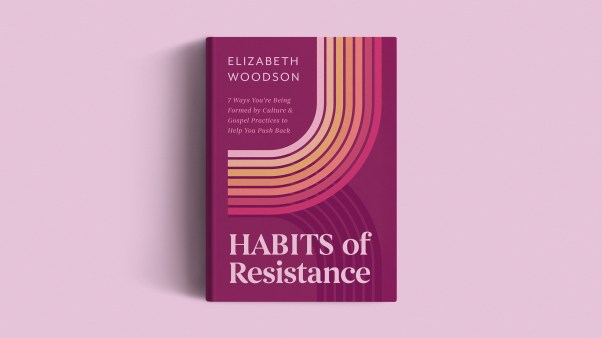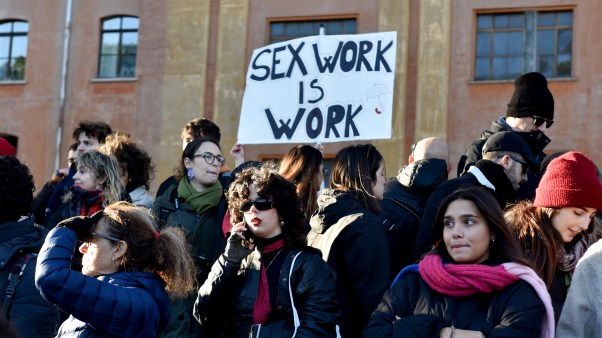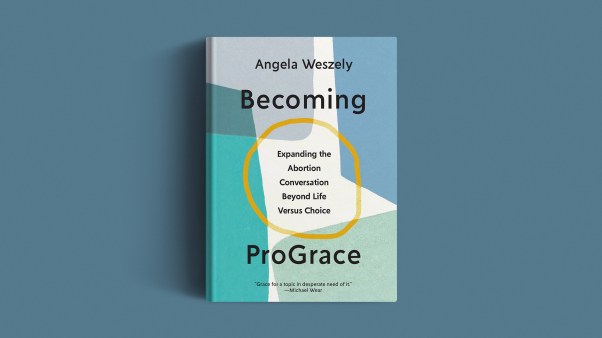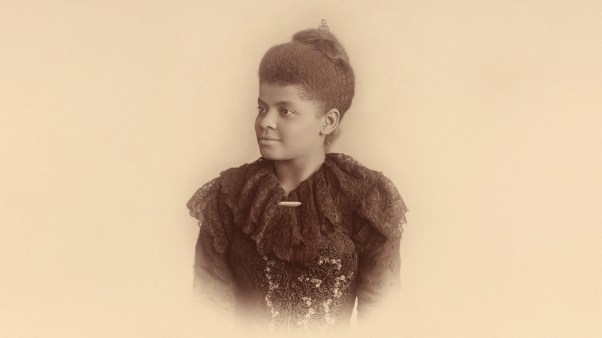G8 leaders gathered at Camp David over the weekend where President Obama announced the New Alliance for Food Security and Nutrition, striving to move 50 million people out of poverty by 2022. Organizations who work to reduce hunger and poverty commended U.S. leadership on food security, but some criticized other G8 nations for falling behind on their commitments to help the world’s poor.
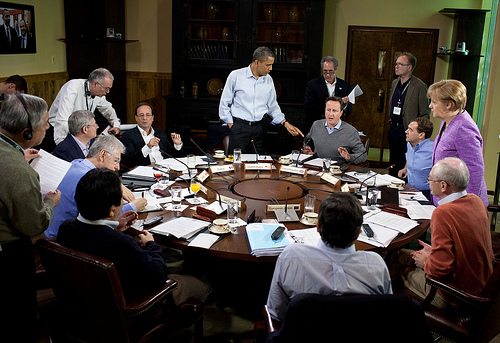
Most Christians would probably say that relaxing in the presence of God sounds like a beautiful idea. But do we know how to do that? And do we understand what gets in our way?
On this episode of Being Human, Steve Cuss helps listeners identify the reactivity in their lives that keeps them from experiencing connection with God, themselves, and others. He walks through a brief history of systems theory, noting the key figures who have built a body of work exploring how relational dynamics affect us. He explains the ways that ego drives decision-making, how to recognize and respond to stuck patterns, and what it looks like to “get off the treadmill” of expending energy and effort on trying harder.
Cuss shares stories from Scripture, history, and his own life that shed light on how to look at the nature of our beliefs. And he digs down to the surprising roots of the word gospel, illuminating the ways that only Christianity has a God who sacrifices that humanity might benefit.
Resources mentioned in this episode include:
Bowen family systems theory
Edwin H. Friedman
Generation to Generation: Family Process in Church and Synagogue by Edwin H. Friedman
Managing Leadership Anxiety: Yours and Theirs by Steve Cuss
Gregory Bateson
Margaret Mead
Mental Research Institute
The False Self
Pax: War and Peace in Rome’s Golden Age by Tom Holland
Virgil
Timothy Keller
Faith Within Reason by Herbert McCabe
“Being Human with Steve Cuss” is a production of Christianity Today
Executive Produced by Erik Petrik and Mike Cosper
Produced and Edited by Matt Stevens
Associate Producers: McKenzie Hill, Raed Gilliam, and Abby Perry
Theme song by Dan Phelps
Original Music by Andy Gullahorn
Mix Engineer: Kevin Morris
Graphic Design: Amy Jones
Three years ago the leaders from France, Germany, Italy, Japan, the U.K., the U.S., Canada, and Russia gathered in L’Aquila, Italy. In a global recession, the world’s wealthiest nations promised to assist the world’s poorest countries, pledging $22 billion by 2012 to improve agriculture and food security. The U.S. is on track to meet its L’Aquila commitments by the deadline, but the G8 nations as a whole have given only 38 percent of their contributions, according to World Vision.
Adam Taylor, World Vision’s vice president for advocacy, said the G8 nations need to fulfill their promises and distribute the remaining funds.
“While we applaud the real progress that has been made on food security and nutrition, if we had to give the G8 a grade right now, it would be ‘incomplete’,” Taylor said in a statement.
Neil Watkins of ActionAid USA commended the U.S. for increasing its commitment to fight hunger, but he criticized other nations that have fallen behind on their commitments and have not promised to continue them into the future.
“Without a clear pledge to sustain L’Aquila public funding levels, this year’s G8 will be remembered as the summit that buried the L’Aquila pledge to fight hunger,” Watkins said.
Food security was not the top economic issues for the G8 nations that face their own recessions, a looming currency crisis, and austerity measures. With belt-tightening at home, G8 nations are less willing to provide aid to the world’s poor.
Oxfam’s Gregory Adams said the G8 nations are using the classic break up line, “It’s not you, it’s me,” as the reason for not fulfilling their commitments.
“Breaking up is never easy,” said Adams, “but the G8’s unwillingness to sustain their promises comes as the challenges facing poor people around the world are only getting harder.”
Obama also announced the New Alliance, a partnership between G8 nations, African countries, and private enterprise.
World Vision President Richard Stearns said that the New Alliance will be a success only if it helps children and others in need.
“Greater private investment is needed, but so is greater investment from developing country governments and donor countries. This investment is required in both agricultural development and basic health services for mothers and children if we are to ensure adequate nutrition for all children,” Stearns said.
The G8 nations represent about one-eighth of the world’s population, but their economies make up about half of the world’s wealth, according to the World Bank. According to World Vision, 18 million people in West Africa face hunger, and three million include children under five.

